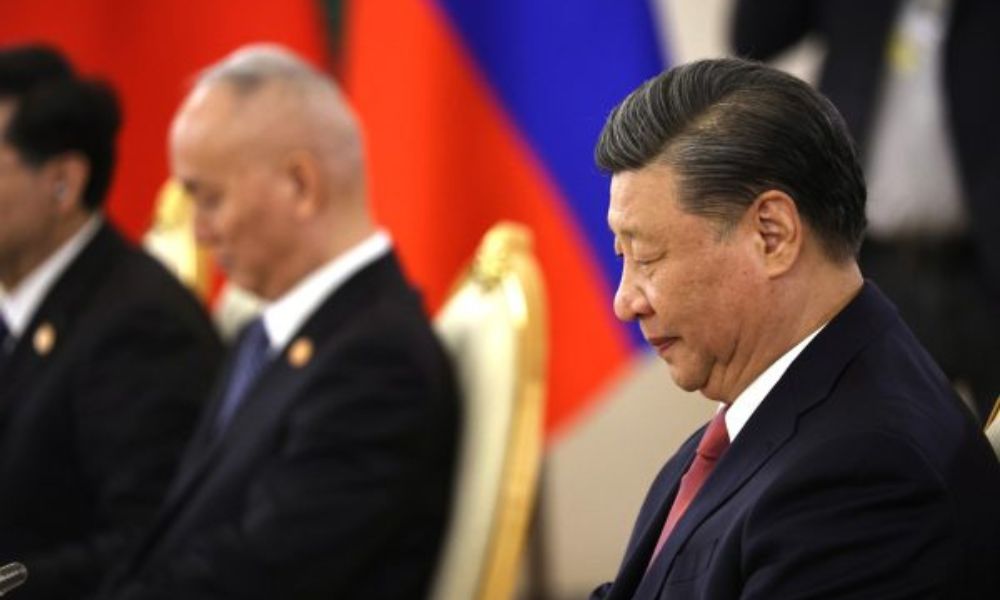
Economic coercion, the use of economic tools and measures to influence the behavior of other nations, has become a significant component of China's diplomatic strategy in recent years.
As China's economic might has grown, so too has its ability to wield economic leverage as a tool of statecraft.
In this blog post, we will delve into the role that economic coercion plays in China's diplomatic strategy, examining its methods, objectives, and the implications for both China and the international community.
| Are you a Tax Lawyer in USA? 👉Transform Your Brand: Click for Metamorphosis👈 |
China employs several methods of economic coercion in its diplomatic strategy:
China's use of economic coercion serves several strategic objectives:
South Korea's THAAD Deployment: When South Korea deployed the U.S. THAAD missile defense system in 2017, China responded with economic measures against South Korean businesses, particularly in the tourism and entertainment industries. These measures were seen as an attempt to pressure South Korea to reconsider its decision.
Australia's Trade Tensions: China has imposed trade restrictions on Australian exports, such as barley, wine, and coal, following disputes over issues like calls for a COVID-19 origins investigation and concerns about foreign interference in Australian politics.
Hong Kong National Security Law: After the introduction of the national security law in Hong Kong, China has used economic measures to discourage foreign criticism or sanctions related to the situation in the semi-autonomous territory.
China's use of economic coercion has far-reaching implications:
Diplomatic Tensions: Economic coercion can escalate diplomatic tensions and create animosities between China and targeted countries, potentially leading to a downward spiral of relations.
Global Governance: China's influence over international financial institutions raises concerns about the independence and fairness of global governance structures.
Supply Chain Vulnerabilities: Countries dependent on Chinese supply chains are vulnerable to disruptions caused by economic coercion, highlighting the need for diversification.
Compliance and Resistance: Some countries may comply with China's demands to avoid economic consequences, while others may resist, risking economic losses for the sake of principles or national interests.
International Norms: China's use of economic coercion raises questions about adherence to international norms, including those outlined in trade agreements and conventions.
In conclusion, economic coercion has become a key instrument in China's diplomatic toolkit. It allows China to exert pressure, protect its interests, and advance its strategic objectives on the global stage. As China's economic power continues to grow, understanding and effectively responding to its use of economic coercion will be crucial for countries and the international community to navigate the complexities of the global diplomatic landscape.